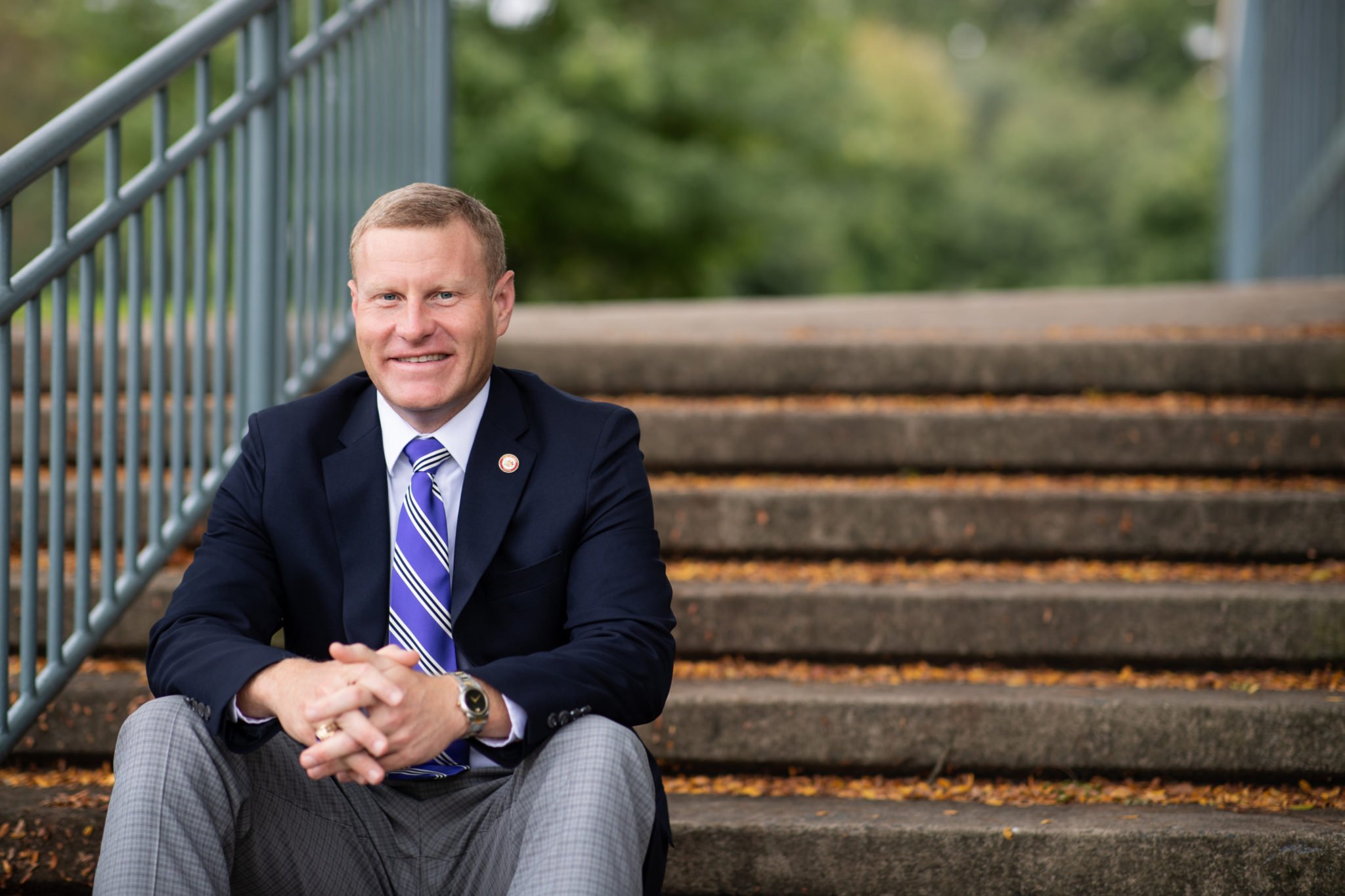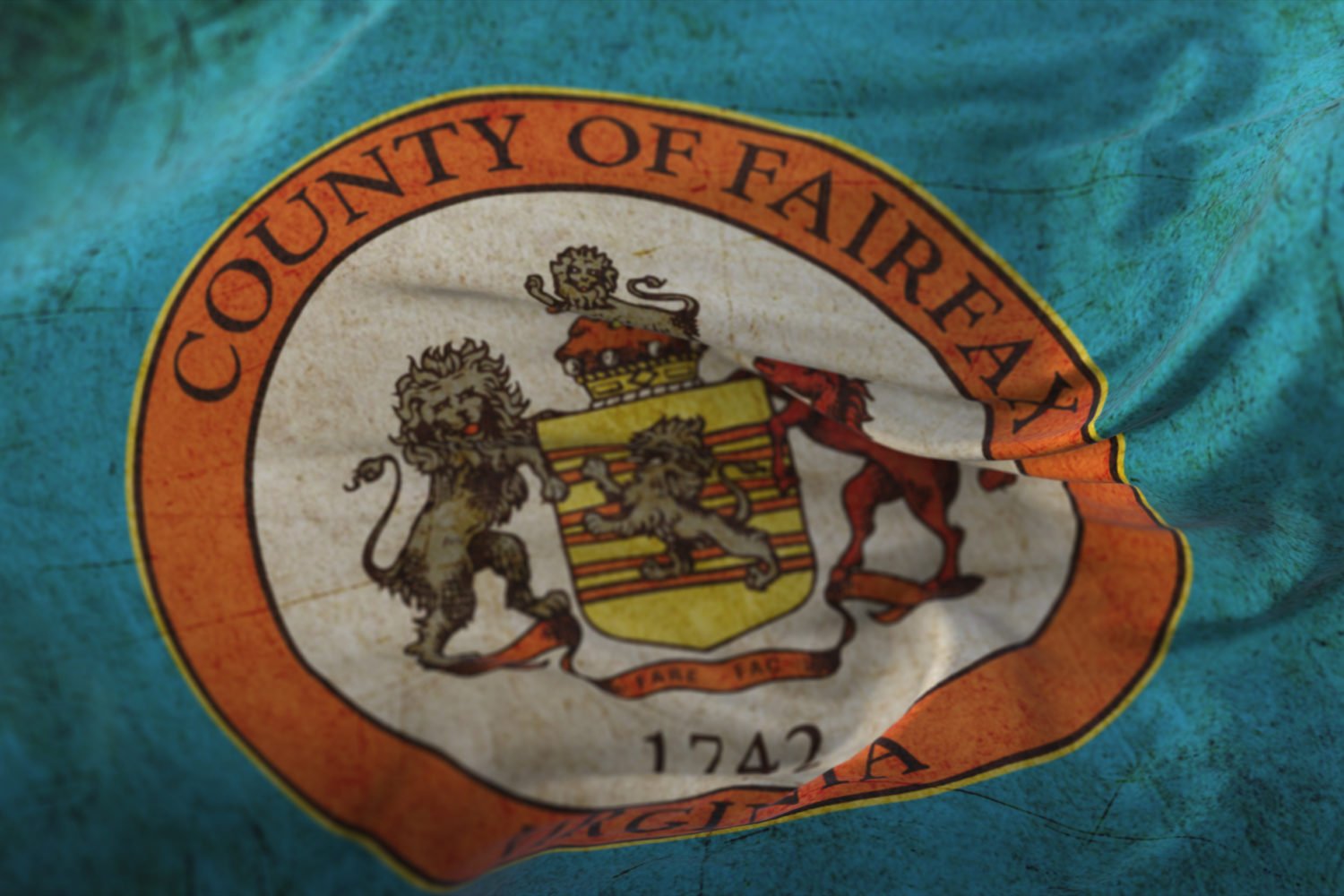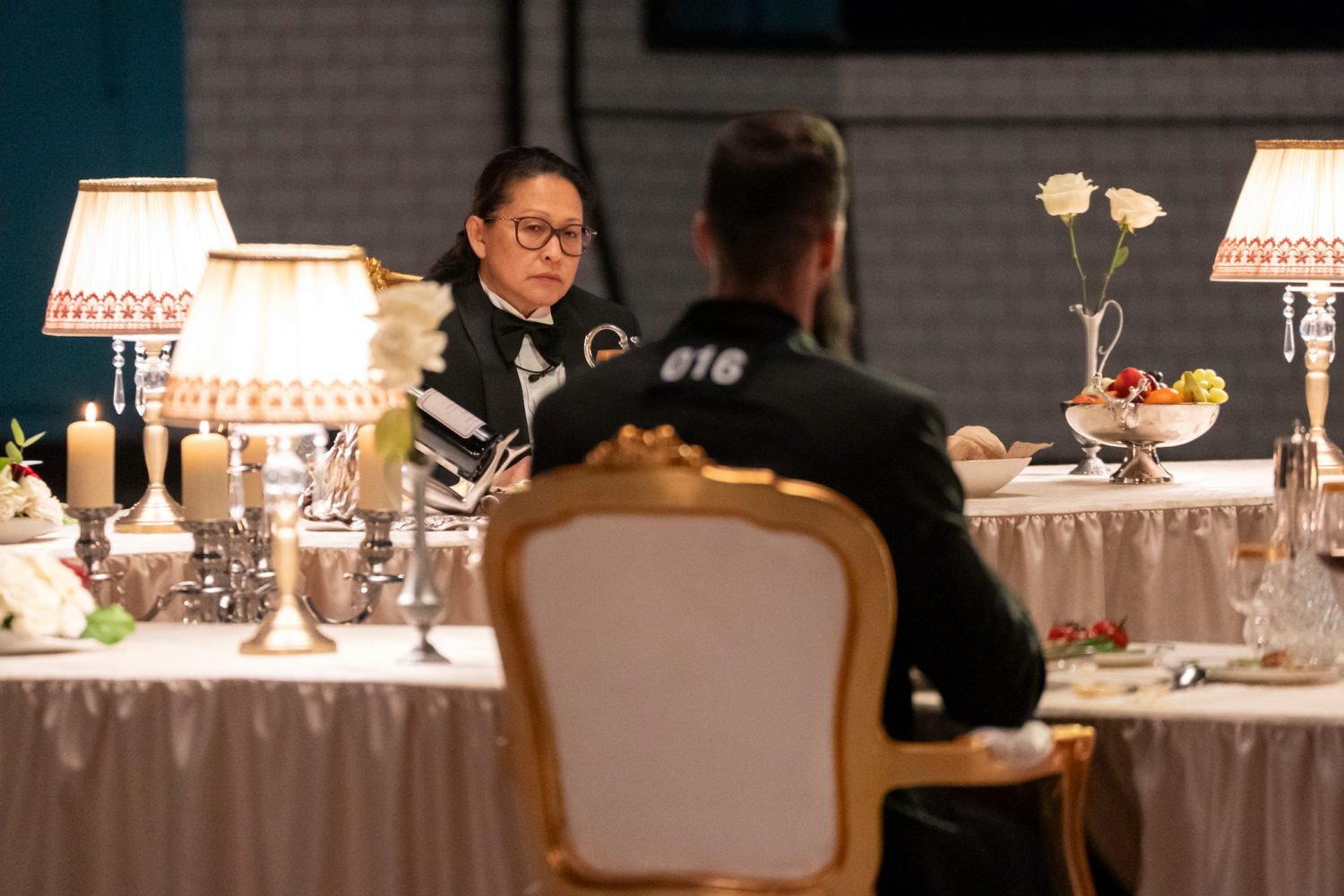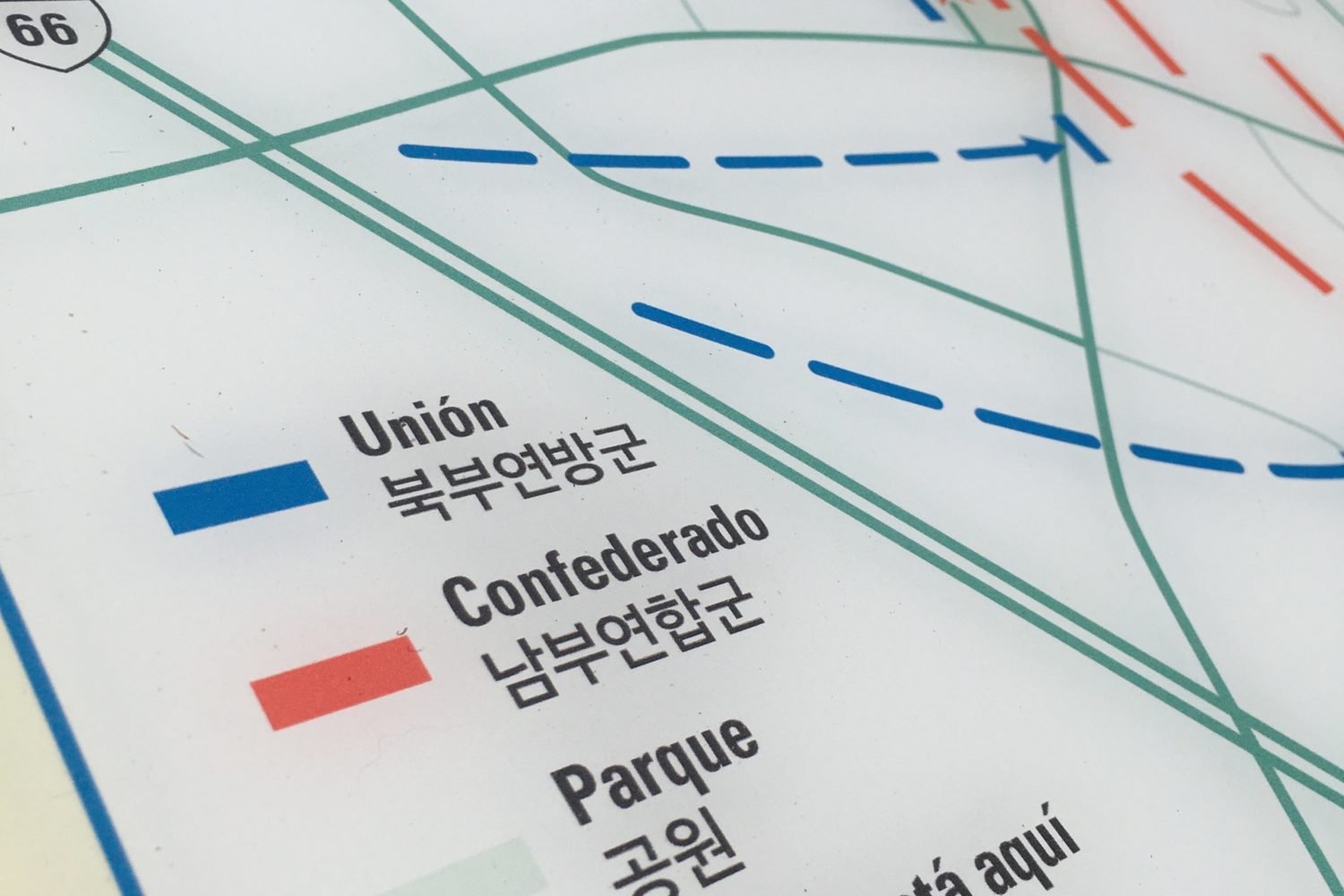In the nearly two years since its onset, the covid crisis has claimed more than 900,000 American lives, sickened millions of others, and triggered a cascade of economic misfortune and disruption. Now, one Northern Virginia community is thinking about how to honor the local victims of this historic pandemic. The Fairfax County Board of Supervisors on Tuesday voted to greenlight a preliminary study of the potential costs, designs, and work schedule associated with creating a memorial paying tribute to the county’s COVID victims, according to WTOP. To learn more about the effort, we spoke with Board Chairman Jeffrey McKay, who introduced the measure.
So is this a legislative or an administrative effort that you’re leading here?
It’s the equivalent of legislation. What our board did is direct the staff to come back with a formal plan on some of the logistics pieces. I’ve already been working with our county staff on this, but they need to come back with a formal plan; a budget, a location, some ideas about what the memorial would look like. So we’ve endorsed the concept of having a memorial, but we haven’t voted on the memorial itself yet.
When did you become interested in creating such a memorial?
Well, those of us in local government have really found ourselves on the frontlines of battling this pandemic for the last two years. I remember last June, we had a very moving regional memorial for the lives lost as a result of Covid. And at that time, we thought, “Hey, this is kind of behind us now. Let’s have a memorial.” And what caused me to do this at this point in time is that I’ve watched not only the loss of lives but a whole lot of other effects as a result of the pandemic. And it didn’t end in June. In fact, the effects of it, I think, are going to linger for some people forever, for the rest of their lives. Whether they lost a loved one, whether they had a business that closed down. Whether they have now a chronic health condition that they might have to live with for the rest of their life. Some people made traumatic career decisions because of safety issues. There’s a whole lot of things here–[also a] mental health component, right? And so, now, what I wanted to do is recognize in perpetuity the effect that this has had on our Fairfax County community, and give people multiple opportunities to grieve. On one hand, to be able to visit this memorial and to be able to focus on how it changed people’s lives or cost people their lives. But also, for kids who will be born and didn’t live through the pandemic, to be able to get a grasp and an understanding of what this did to our community, to our country, and to have an opportunity to reflect and learn from that. My hope is that, as the largest municipal government in Virginia, we can be a place for people all over the region to be able to come and reflect on how this affected them, their families, their lives over the last two years.
How did you come up with the idea for this memorial?
It’s really an idea that struck me on my own. I’m not aware of any [others like it]. And frankly, from a parochial standpoint, as a larger county, we want to lead not follow. And so my hope is that this won’t be the last of these. But to that point, because there isn’t a playbook written for this, I’m going to be challenging our staff to be really creative here. I mean, on one hand, we know this is a somber situation we’re dealing with. On the other hand, we want to do something that uplifts people for those of us who have survived through this Covid period. We also need some positivity and something to uplift us moving forward. That’s one of the reasons why I know our staff is going to be working with our arts community on possibly making sure that this is not just a memorial in the traditional sense. But that it also has an uplifting component that people can go to and get refreshment, can get encouragement. It’s meant to be a memorial, but also an opportunity to uplift people and to put them in a better state of mind.
Do you have any sense of what a memorial like this might look like?
Success for me would be a place for people to go [to find] peace, a place that honors the fallen but also inspires the rest of us to carry through. So I’m thinking [about] some uplifting art components. Obviously, [there will be] a tribute to the lives lost here. We know that over a thousand people just in Fairfax County have died. We know that thousands have been hospitalized. We know that hundreds of thousands have been infected. And so somehow, we’re going to recognize the magnitude of that, and at the same time, put in some inspirational components. And I think you can do that through art. I think you can do that through landscape and natural environments. But you know, where we put this is going to be really important.
That was going to be my next question, where do you put it?
We have experience doing that in the county. We put in [The Turning Point Suffragist Memorial] very recently, and it’s a place that tells the story about the suffrage movement. But it also is a place where people can sit and relax and reflect in nature in a park environment. We have The Korean Bell Garden. We have a number of these throughout the county. And so my thought here is this is going to end up in a park-like setting and be a place for personal reflection and peace.
What is the reaction you have gotten from people in the community when you have discussed this idea?
Well, what led to me putting [the idea for a Covid memorial] on the table in the first place was two years of exhaustion, frustration, stress, mental health challenges. I reflect back on personally knowing a number of people who passed on very early in this pandemic that didn’t have the opportunity to get vaccinated. And so [after] what has happened with those folks and in talking to their families, [I learned] that they couldn’t properly memorialize those who were lost, [which] has had a mental health toll on them. So, I think for me, my putting this on the table is, in fact, a response to what I’m seeing and hearing in the community where people want an outlet.
Also, [look at] the behaviors of people during Covid. I mean, our parks, our recreation spots, our places of rest that became very popular during the pandemic. So I think what there is a yearning for in our community has been to have these places where people can go into private reflections. And certainly, the toll that this has had on folks is going to require us to have those kinds of spaces, whether formally or informally. I know there’s a lot of folks that challenge a lot of the political elements of Covid. I’m not interested in doing that at all here. I’m interested in looking at the facts, the sheer numbers of people that have been affected by this, the personal stories of residents in the county that have told me how this has affected them emotionally, physically, financially, mentally. And we in local government can’t lose sight of the fact that our community is reeling from this and will for a while. So just like any tragedy that happens in our country, it’s quite therapeutic to honor the fallen and to inspire the living to a better path moving forward. And I see this in that same light.
And in terms of timing, you are expecting to get the initial ideas back from your staff in May?
Correct. And I think what we’ll get is [a range.] My hope is that there’s a significant art component here. We would have to commission that, and that would take a while. But what I’m hoping to get is kind of a, “Hey, this is where we recommend seeing, this what cost of it is going to be.” But, ultimately, we know that this is not going to be done in a matter of weeks. It’s going to be probably a matter of certainly months, maybe even over a year to be able to get to the finish line here, at least. But we want to do this and do it right. And that’s going to take a little bit of time. So what we’re going to get back in May is something the board can formally endorse that kind of sets a budget, a rough timeline, and hopefully decides on a location where this will be located.


![Luke 008[2]-1 - Washingtonian](https://www.washingtonian.com/wp-content/uploads/2017/10/Luke-0082-1-e1509126354184.jpg)
















